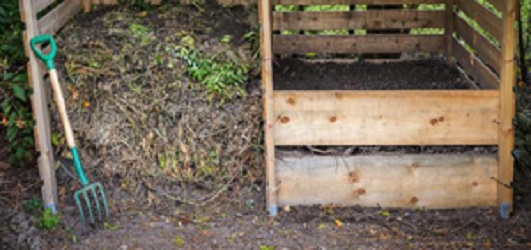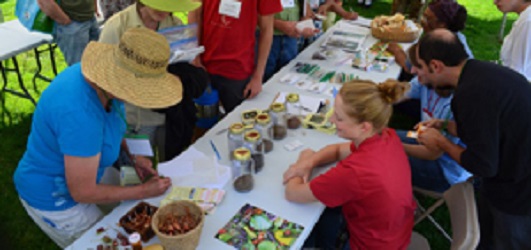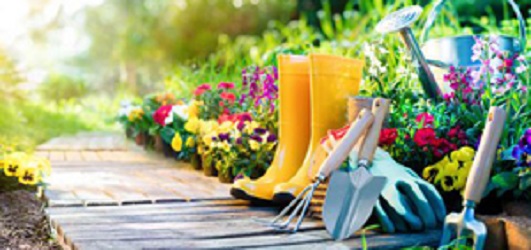A Simple Guide on Compost Pile
Composting is a natural method to reuse organic materials that have already decomposed. The process is known as decomposition, and it creates compost or simply rich soil. Adding this compost to the soil in your home garden has numerous benefits. Some of them include improving aeration, enhancing soil structure as well as water retention. Compost also adds crucial micronutrients and increase bacterial activity.
To set up a composting pile, you need an outdoor space about 3 square feet. However, if you do not have a backyard, it is still possible to set up a small portion probably in your kitchen for that work. Below are the steps to follow setting up a composting pile.
Set up your bin
Composting containers are the best to use when setting up your bin. This is because they do speed up the process of decomposition by regulating moisture and temperature. However, you can use other bin provided you ensure that the compost heap is roughly 3 x 3 feet. Some of the composting bins you can use include;

- The binless pile method which is a freestyle method where you only need to identify the site and start piling your organic material.
- The binless trenching method where the organic matter is buried in the ground.
- DIY garbage can and
- The commercial bins.
Gather your gear
When making the compost pile, you will require the following tools for safety purposes.
- A pair of gloves to protect your hands when working and handling debris
- An aerator to aid in decomposition
- A pitchfork to poke holes into the pile to increase air circulation
- Shovels to transfer the compost from the pile to the garden
Add to the heap
After the bin and the necessary tools are ready, the next thing is to compost. The foundation should be a layer of 4 inch containing small branches and twigs to make air move upwards easily. The next layer is about 2 inch and should contain browns and green. Alternate the two layers until the heap is 3-5 feet tall watering every layer well and ensuring that air can circulate. The final thing is to cover the top with garden soil to speed up the decomposition due to the presence of many bacteria in the soil.
You must be diligent to ensure you add only the right materials. Some of the recommended materials for compost include hay, Yukon gold potatoes, tea bags, garden wastes, shredded paper, eggshells, vegetable and fruit peels, scraps and rinds, coffee grounds and grass and lawn clippings. Some of the materials to avoid putting in your compost include wood that has been treated, human waste, meat, diseased plants, paper, and colored ink, animal food products, cooked foods, and lime.
Waiting for decomposition
Leaving the heap to decompose by itself will take about one year. However, you can speed the rate of decomposition by watering the compost regularly and aerating it you're the pitchfork or aerator.
Do:
Below are some of the things that you must do to achieve the desired compost
- Combine both brown and green material
- Cut the items (newspapers, twigs, and branches) into small pieces before adding them to the pile
- Ensure that you regularly turn over the pile for aeration
- Keep the pile moist but not soggy
- Be patient until the material decomposes completely
Don'ts:
Below are some of the things to avoid when setting up a compost pile.
- Don't make a very large or too small compost pile
- Don't add materials that can cause odors or attract rodents such as meat scraps, whole eggs, and grease and dairy products.
- Don't add weeds with seeds and diseased plants since they will be transferred to your farm and cause harm to your crops.
- Don't view compost as a fertilizer substitute since it is just a supplement
Finished compost that is ready to be taken to the garden smells earthy and sweet; it is dark in appearance and moist. The compost has numerous benefits and can be used in potted plants, garden beds, or even spreading around the trees in your compound. However, composting requires a lot of patience, but the outcome is absolutely worth it. It is one of the best substances that nature can offer to a gardener.



